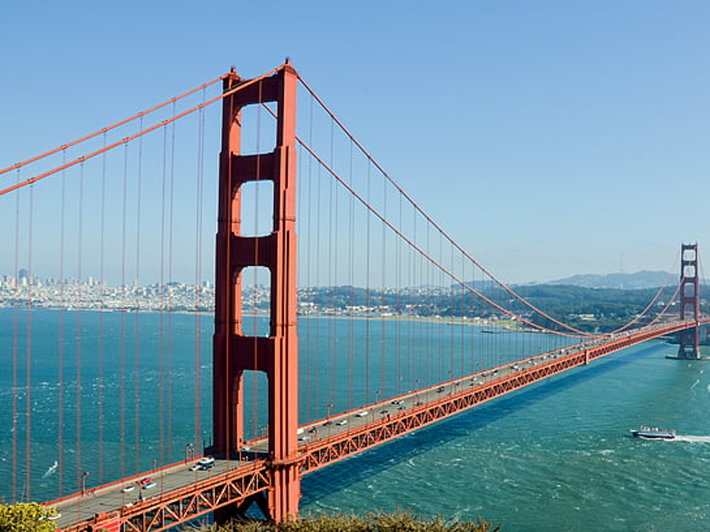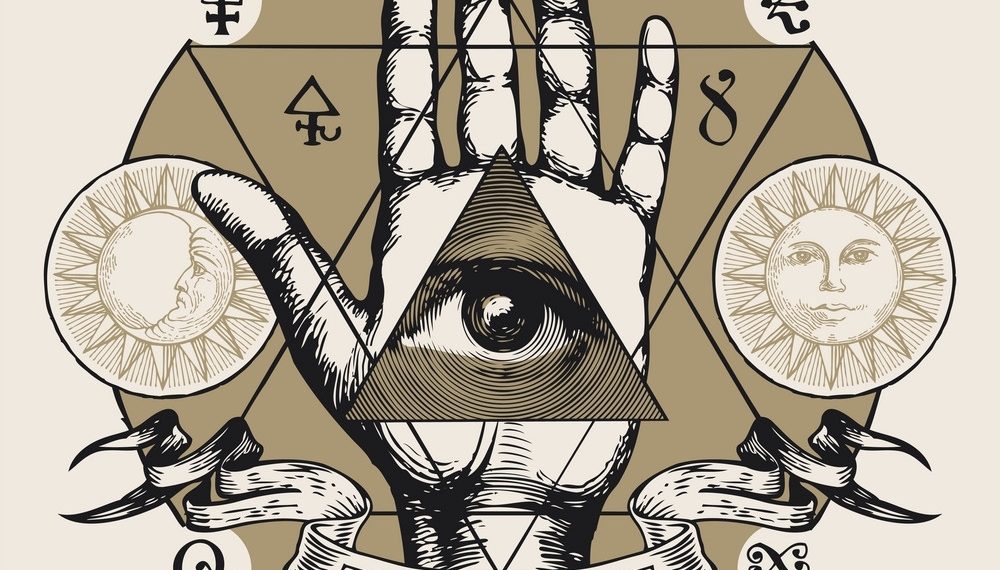He who has let go of hatred, who treats all beings with kindness and compassion, who is always serene, unmoved by pain or pleasure, free of the “I” and “mine,” self-controlled, firm and patient, his whole mind focused on me—that is the man I love best.— Lord Krishna, from Srimad Bhagavad Gita
The world is based on three things – on the Torah, on the service of God, and upon acts of loving kindness.—Shimon the Righteous, from Ethics of the Fathers
Two birthdays were celebrated at San Francisco’s American Jewish Committee (AJC) building Sept 7. One, the birth of Lord Krishna—celebrated by Hindus as Janmashtami—and the other, the birth of the world—celebrated by Jews as Rosh Hashana.

The twin festivities were the brainchild of the AJC and the Hindu American Foundation (HAF). As the two holidays are celebrated with lots of sweets and good cheer and occur at more or less the same time, the opportunity was there for a sharing of traditions, understandings and not the least important—food.
“This is a way for people to socialize over shared traditions and experiences,” said Rabbi Noam Marans, the director for interreligious and intergroup relations for the AJC. “What can be more powerful than gastronomy!”
The casual, very “California” event attracted an even number of Jews and Hindus, who hobnobbed, networked, chatted, ate and showed a real eagerness to understand one another. Ramya Ramakrishnan, one of the organizers of the celebration and director of community outreach for HAF said, “We can be worlds apart, but the essence and meaning behind many of the traditions are the same. Everybody who attended left with a full heart and with such positive energy.”
The event reflects a growing awareness among Hindus and Jews concerning their commonalities—religious, social, political and not the least important, the sense of identifying as American.
“We are part of the American ethos, and we don’t feel that we need to abandon our religious heritage or former national connections,” said Rabbi Marans.
Historically Jews emigrating in vast numbers to the New World were “strangers in a strange land” earlier than Hindus. Thus Hindu Americans have been looking at the Jewish experience as something of a parallel, not only in bigotry but also in accomplishment.
“They’ve gone through this decades ahead, so we feel that we have a lot to learn from them,” said Ramakrishnan. “We can support them when they need our help and vice versa, and we cherish that.”
Echoing Ms. Ramakrishnan, Rabbi Marans said, “American Jews, like all Americans, need to learn about their Hindu neighbors. This has become even more significant as America has become more polarized.”
The success of the twin holiday celebration bodes well for future Hindu-Jewish rapprochement, with Ramakrishnan already looking at a joint Hanukkah-Diwali get-together. Both festivals, after all, celebrate light’s victory over darkness.
“This relationship is really unique because we’ve understood each other really well,” said Ramakrishnan. “When I was meeting people for the first time, it was as though I was meeting our friends.”
_______________
From its beginnings, the Church of Scientology has recognized that freedom of religion is a fundamental human right. In a world where conflicts are often traceable to intolerance of others’ religious beliefs and practices, the Church has, for more than 50 years, made the preservation of religious liberty an overriding concern.
The Church publishes this blog to help create a better understanding of the freedom of religion and belief and provide news on religious freedom and issues affecting this freedom around the world.
The Founder of the Scientology religion is L. Ron Hubbard and Mr. David Miscavige is the religion’s ecclesiastical leader.
For more information, visit the Scientology website or Scientology Network.
DOWNLOAD THE WHITEPAPER

